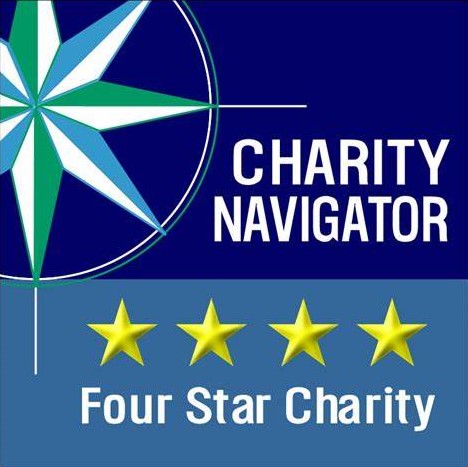Have you heard how important it is to participate in research? By taking part in clinical trials of new drugs or medical devices, you help bring fresh treatments and improvements to the quality of life for many.
Even more importantly, you can provide the “patient voice” to clinical research! “Patient Centricity” was the rallying cry for clinical research in 2015. What does that mean? It means that pharmaceutical and device companies now understand that without the information only a patient can provide, their clinical trial may not be timely, useful or even complete.
Historically, companies with a new drug (Sponsors) might reach out to “thought leaders” in the medical area in which they expect to market their drug. So, the Sponsor developing a new drug for diabetic kidney disease would ask for the thoughts of Key Opinion Leaders (KOLs) in diabetes and kidney disease. These KOLs are physicians who have done previous research and published articles in peer reviewed journals on that subject. Using that information, the Sponsor would write the study protocol or plan. The protocol is the blueprint for doing the study. It outlines the important information that the Sponsor wants to collect to prove that their drug or device is safe and that it treats the condition they say it will. It also lists all of the tests and procedures that should be done and the timelines to do that.
The Sponsor will then either look directly for research sites or contract with a CRO (Clinical Research Organization) to find research sites that have doctors who treat patients with diabetic kidney disease. Last, these doctors would then find subjects (patients) for the clinical trial.
The interesting word here is “subject.” Merriam- Webster defines “subject” as “the person or thing that is being discussed or described; a person or thing that is dealt with in a certain way.” That truly did describe the role of the “subject.” That person, after agreeing to be in the clinical trial, took the investigational drug or used the device and had all of the tests and procedures done to them. At the end of the study, that person may or may not hear the results of the study or what happened to the drug or device they tested!
A new era has arrived: The Era of Patient-Centric clinical trials. Note the word “patient.” While there are many definitions of the word, most meaning that the person is sick or needing medical treatment, I like the definition of “patient” from William E. Lower of the Cleveland Clinic Foundation in February 1921 :
“What is a Patient?
• A patient is the most important person in the Institution – In person or by mail.
• A patient is not dependent on us – We are dependent on them.
• A patient is not an interruption of our work – It is the purpose of it.
• The patient is not an outsider to our business – They are our business.
• The patient is not someone to argue or match wits with.
• The patient is a person and not a statistic.
• It is our job to satisfy them.”
The Research industry has finally received that message. You, the patient, have a unique perspective on the disease they are studying. While you are not defined by the fact that you are a “kidney patient” or a “diabetic patient”, you are the best person to know how it affects your life. Before the industry spends millions of dollars to design a study, you, speaking from your unique perspective, can give them important information. You can ask the questions that make a difference in their study such as, “Are the visits every two weeks for safety or can they be spaced out, because I still work?” “Can your IV drug be given to me in less than four hours because I usually finish dialysis in 3 ½ and my medical transportation is based on that timing?”
The industry understands that unless the study plan has the safety, convenience and input of the patient in mind, it will be hard to enroll and even harder to keep patients in the study until it is completed. In addition, marketing a new product without including the patients’ views may mean the product will not sell.
So what does that mean to you, the person with that disease or condition? It means that research needs to hear your voice! How can you do this? You can become active in your disease organization such as the American Association of Kidney Patients, the American Diabetes Organization, the PKD Foundation, the National Kidney Foundation, etc. You can ask your doctor if he or she is doing research and start the conversation of why this is important to you. If you are on dialysis, ask your dialysis staff if their organization participates in research and let them know that you are interested.
Let us make this year, the year that your voice is heard. It will make a difference to us all.
“Subject.” Merriam-Webster.com. Merriam-Webster, n.d. Web. 29 June 2015. <http://www.merriam-webster.com/dictionary/subject>.
“What is a Patient.” Cleveland Clinic, nd, Web, 29 June 2015. http://my.clevelandclinic.org/star-imaging/patients/what-is-a-patient.































